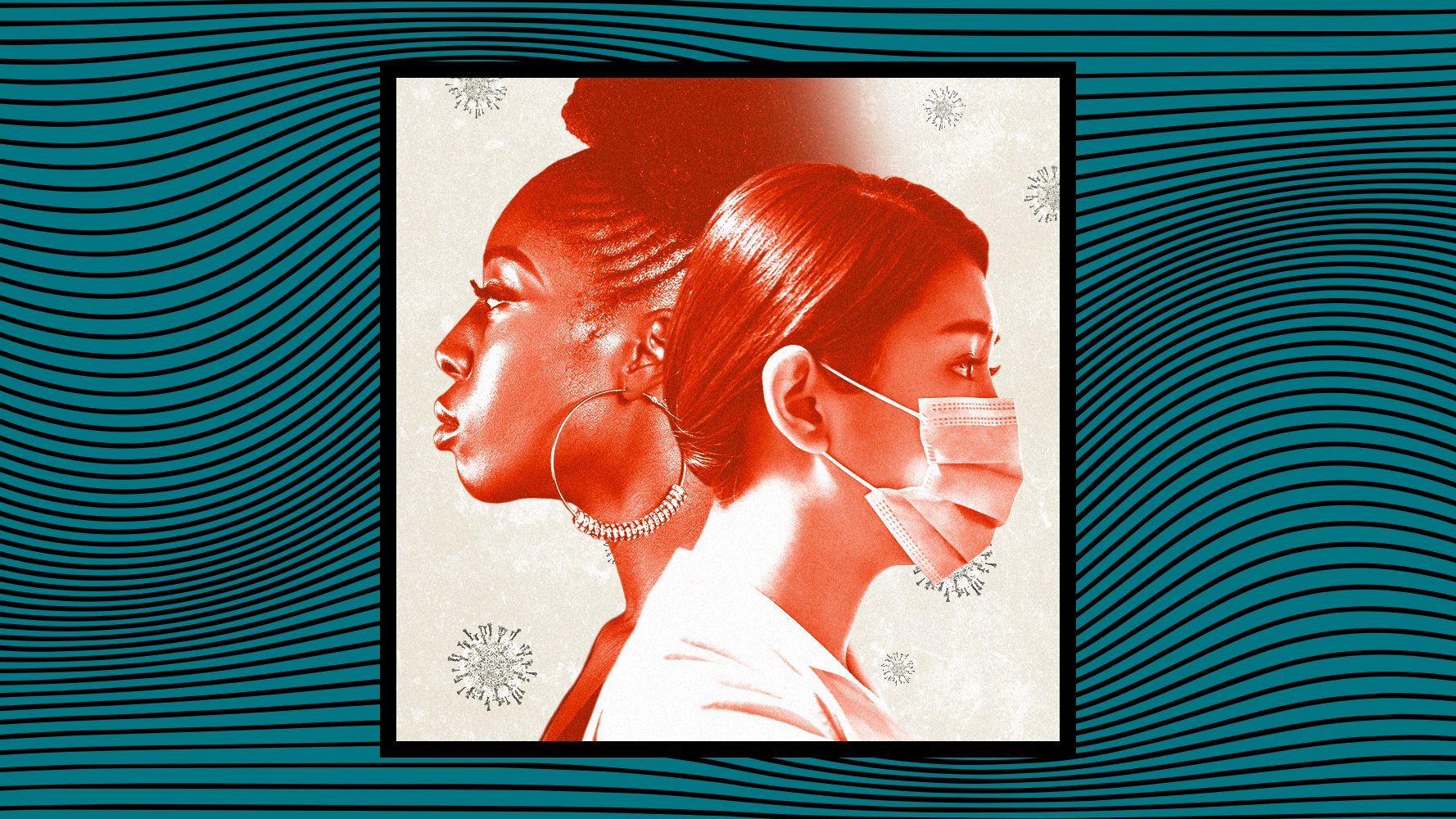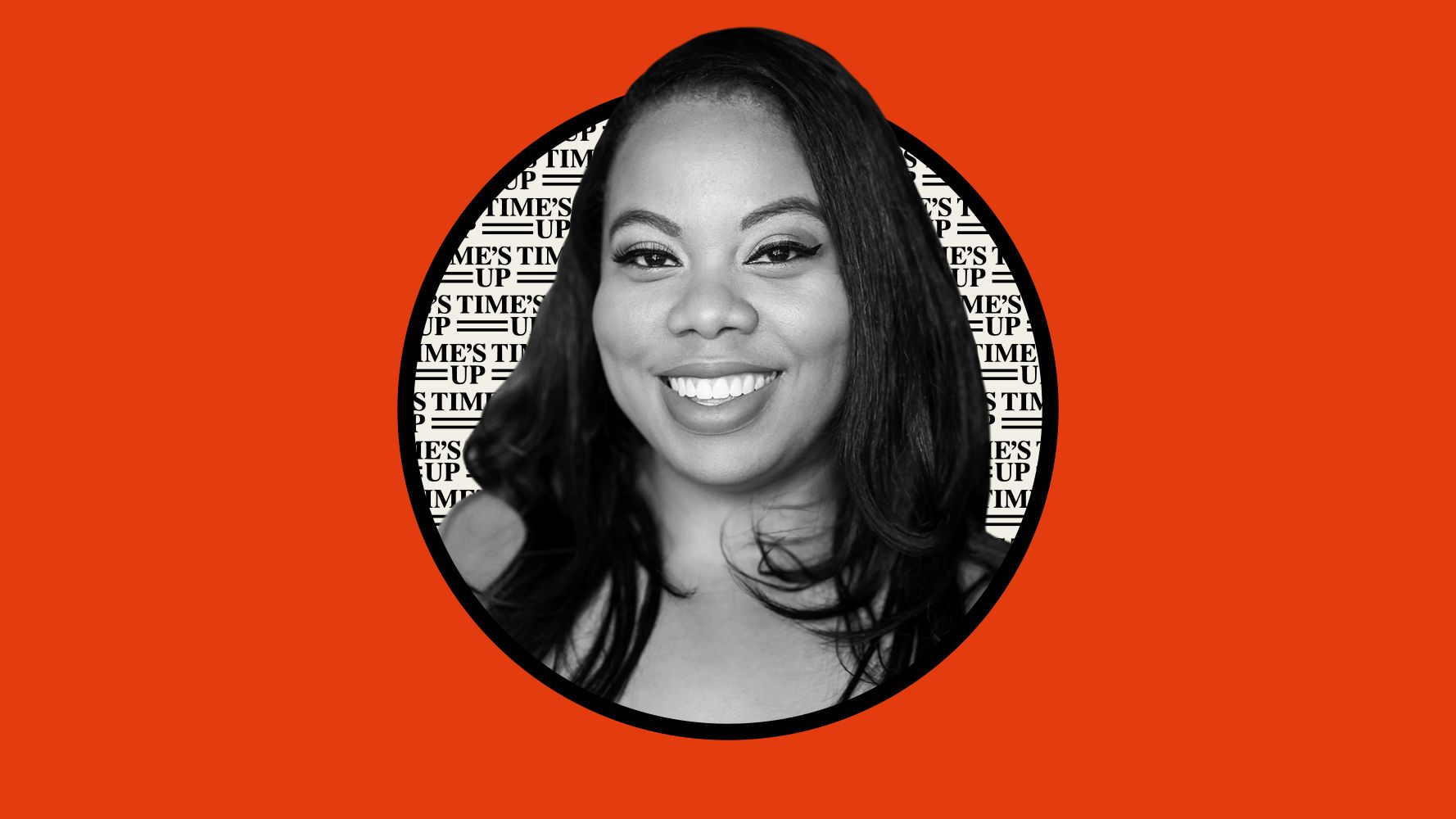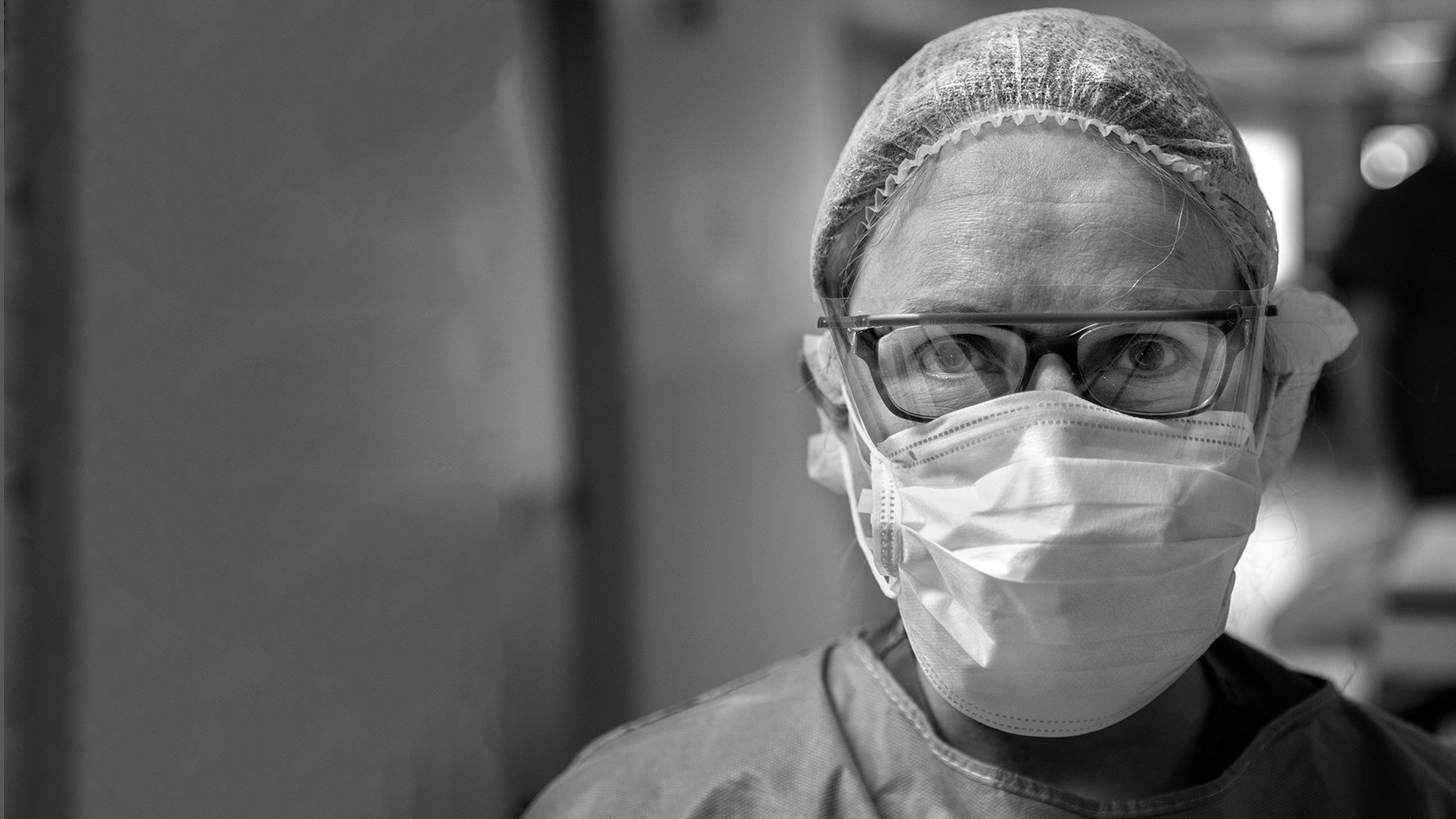Reflections on Becoming a Doctor During Two Epidemics
More than 36,000 new doctors were minted last month. They'll start their careers battling coronavirus and the racism that fuels its disproportionate outcomes.

My initial interest in medicine was motivated by rage.
When I was in high school, my dad collapsed on the floor with a terrible headache. In the emergency department, he was diagnosed with meningitis, a potentially fatal inflammation of the brain lining.
The diagnosis was straightforward; what came after was not. My dad, who immigrated to the United States from South Korea in 1999, had neither English proficiency nor health insurance. As a patient, he was not offered access to a medical interpreter—which, I later learned in medical school, was required by federal law. He could not ask why the medical technicians were drawing his blood or what the nurses were putting into his intravenous drips. He was at the mercy of his caretakers; he later told me that he felt more like a prisoner than a patient.
Doctors may have treated my dad’s disease, but at the time, they failed to treat him with dignity. Was it because of the extra effort needed to communicate with a non-English speaking patient? Was it because the doctors didn’t see the point of explaining the range of treatment options to a patient with limited education and no insurance? Knowing what I know now—including how overloaded physicians are and how complicated and expensive medical care can be—it was probably a combination of both.
This year’s graduating class of physicians is coming of age as our nation reckons with the novel coronavirus and its history of racism.
After many all-nighters, standardized tests, and countless moments of doubt, I graduated with my M.D. last month. I am working at a safety-net hospital—an institution that provides healthcare regardless of the patients’ ability to pay—making good on the promise I made following my father's ordeal to treat all patients with respect, regardless of language barrier, educational level, or socioeconomic status. However, any sense of accomplishment I feel about my professional growth has been colored by my frustration with the twin epidemics of COVID-19 and racial injustice.
This year’s graduating class of physicians—30,000 with M.D. degrees and 6,600 with Doctor of Osteopathy (D.O.) degrees—is coming of age as our nation reckons with the novel coronavirus and its history of racism. Against this backdrop, the medical profession will never be the same.
For one, every physician has to consider what the pandemic may mean for his or her own health. During the first weeks of this crisis, I watched doctors and nurses beg their administrators and elected officials for protective equipment, distancing themselves from loved ones, and even dying in the line of duty. As cities ease their lockdowns, the number of COVID-19 cases is on the rise once more. In the last two weeks of June, new cases surged by 80 percent in the United States. The country now holds the unenviable record of accounting for a quarter of COVID-19 deaths globally. I would be lying if I said that I wasn’t worried. Every day, I put on my mask, scrub my hands frequently, and pray that I will avoid the virus once more.
Get exclusive access to fashion and beauty trends, hot-off-the-press celebrity news, and more.
Racism and health outcomes are inextricably linked.
New physicians are also entering the profession as the recent protests against racial injustice compel institutions—including the medical field—to reflect upon their own biases and shortcomings.
In fact, racism and health outcomes are inextricably linked. Inequality in medicine is readily evident in COVID-19 statistics; the pandemic has disproportionately impacted African American and Hispanic patients. According to the Centers for Disease Control and Prevention, African American and Hispanic/Latino populations have COVID-19 case rates that are, respectively, five and four times that of white populations.
A large part of this disparity is likely rooted in socioeconomic inequities. Compared to other racial or ethnic groups, African Americans and Hispanics are more likely to live in densely populated areas with decreased access to healthy food, medical facilities, paid sick leave, or health insurance. Framed this way, we can trace the source of health outcome disparities back to economic deprivation, social trauma, and lack of access to medical care—as opposed to race itself. The same is true for other medical conditions that disproportionately impact African Americans (and that can exacerbate COVID-19's severity), including diabetes and high blood pressure.
During these tumultuous times, I have two goals for myself. One, I must advocate for the safety of myself, my colleagues, and my patients. Two, I must practice allyship for my patients and consider the role of racism and socioeconomic disparities in my field. I must then turn that knowledge into practice to provide more equitable care to all, like ensuring all of my patients with limited English proficiency have access to a qualified medical interpreter. Perhaps if my dad’s doctors had considered these factors more than a decade ago, I would never have felt the push to become a doctor and change the system from the inside in the first place.
Yoo Jung Kim, M.D., is a recent graduate of Stanford University School of Medicine currently taking care of under-served patients in San Jose, California. She is also the author of What Every Science Student Should Know (University of Chicago Press), a guidebook for college science majors. Follow her @yoojkim.
For more stories like this, including celebrity news, beauty and fashion advice, savvy political commentary, and fascinating features, sign up for the Marie Claire newsletter.
RELATED STORIES

